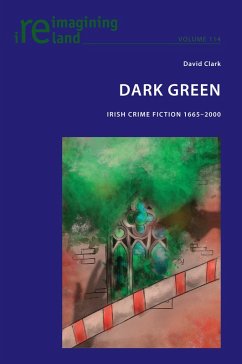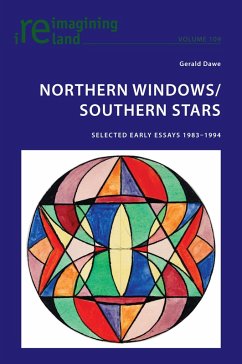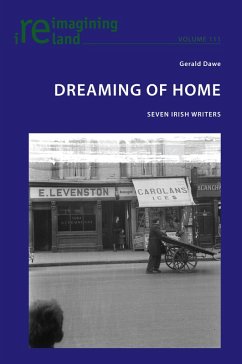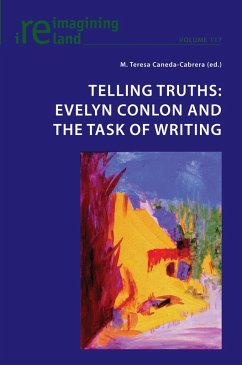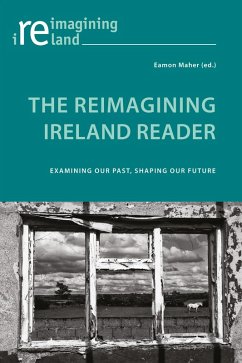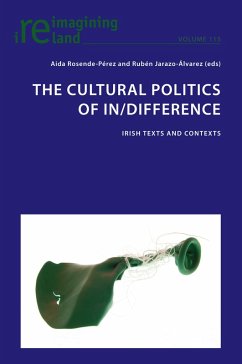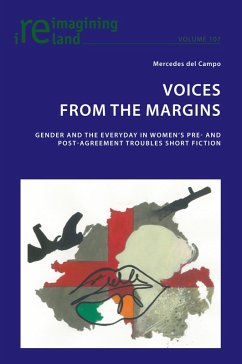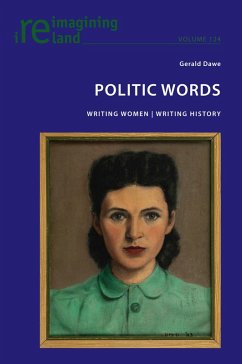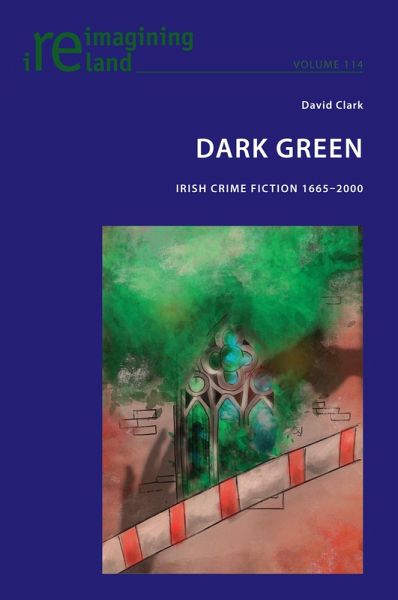
Dark Green (eBook, ePUB)
Irish Crime Fiction 1665-2000
Versandkostenfrei!
Sofort per Download lieferbar
Statt: 52,95 €**
45,95 €
inkl. MwSt.
**Preis der gedruckten Ausgabe (Broschiertes Buch)
Alle Infos zum eBook verschenkenWeitere Ausgaben:

PAYBACK Punkte
23 °P sammeln!
The book deals diachronically with Irish crime fiction, from the picaresque of the 17th century up to the late 1990s when the «Emerald Noir» boom began. Irish writers, often without due recognition, have been instrumental in the development of the genre on an international level, and figures such as Le Fanu, Meade, Childers, Wills Crofts have been responsible for many of the innovations in crime fiction which have later become standard. This book examines Irish crime writing in its widest sense, from the detective mystery to the spy thriller, and seeks to vindicate the relevance of the Irish...
The book deals diachronically with Irish crime fiction, from the picaresque of the 17th century up to the late 1990s when the «Emerald Noir» boom began. Irish writers, often without due recognition, have been instrumental in the development of the genre on an international level, and figures such as Le Fanu, Meade, Childers, Wills Crofts have been responsible for many of the innovations in crime fiction which have later become standard. This book examines Irish crime writing in its widest sense, from the detective mystery to the spy thriller, and seeks to vindicate the relevance of the Irish contribution to the field of crime fiction as well as stressing the importance of crime writing within the field of Irish Studies. This work traces Irish crime fiction from the early appropriation of the picaresque, which would gain resonance throughout Europe, through the gothic, the early detective tale, to the Irish contribution to the Golden Age mystery, to Irish hard-boiled pulp and inner-city police procedurals in which crimes committed by Irish criminals are investigated by Irish agents of detection.
Dieser Download kann aus rechtlichen Gründen nur mit Rechnungsadresse in A, D ausgeliefert werden.




